The venerable Oxford philologist Max Müller held that ‘mythology, which was the bane of the ancient world, is in truth a disease of language’. Gods filled a void, reanimating meaning as words became more fixed and less metaphorical. A more fundamental disease of language — the words themselves — is the subject of Paul Kingsnorth’s memoir.
It takes the form of a series of meditations that weave to and fro around the question that forms its narrative thread: should he give up writing in favour of a more innocent life of working his land and raising his family? The old trope of the writer as wordsmith, forger of truth and meaning, no longer applies: instead, the words, and their compulsion to exist, own him. ‘I feel that words are savage gods and that in the end, however well you serve them, they will eat you alive,’ Kingsnorth writes. And perhaps, he argues by way of forays into a breadth of religious, philosophical and mythological traditions, they own all of us more than we might like.
Drawn to the mindset of some of the indigenous cultures he encountered as a journalist investigating the environmental ravages of globalisation, Kingsnorth has a strong affinity for the mythological disease of language over its Enlightenment cousin, whose relentless taxonomising grip he sees as the tool of an all-consuming machine. If the system-building world of sterile facts and certainty is the enemy of aliveness, a softer form of knowledge of the sort glimpsed in oral storytelling traditions, or meditation, or poetry, remains possible. He listens to a Botswanan tale of the dance of fire and water, in which the driving force of fire characterises the flight and rage of youth and, over time, gives way to the quieter, settled waters of middle and old age. The water is calling him, but the choice to give up the flames of ambition and book-learned thoughts is less simple than he hopes.
Having moved with his family to the wild shores of western Ireland in an attempt to escape the Machine, or at least some of it, Kingsnorth is disquieted by his mind’s refusal to go off-grid too. The drive to write, and to exist in an intellectual sphere governed by words, becomes less of a vocation and more of a temptation, prising him away from the warmth of the campfire, the garden and his children. There is a covert assignation with pencil and paper in a dark parked car. An account of Kingsnorth’s formative and sometimes troubled relationship with his father’s consuming drive at first seems to detract from his broader story of language, until it emerges that his father killed himself. The whispered implication that Kingsnorth might be next carves the autobiographical detail into something deeper; the words levy their fee.
He finds recourse in mythology; or the myths find him. The Norse trickster god Loki pops up, dangling oblique wisdom and a deal to save his soul, providing a perfectly wrought moment of comic relief amid the existential wrangling. Not the innately beatific type to advocate for prelapsarian bliss, whose closest approximation is his children’s secret den in the woods and of which, he fears, they will soon tire, Kingsnorth’s best option seems to be a messier compromise: to take time out and settle, as best he can, in the domain of home and family, and to cultivate his garden.
Savage Gods is a compromise of a book, too, veering between inner and outer worlds, shape-shifting from narrative to aphorism to vision. But tidiness is indisposed to containing multitudes, and there’s a price to pay in retaining them. Kingsnorth’s troublesome words do an unexpectedly moving job of capturing the problem of being, and of writing about it.
Got something to add? Join the discussion and comment below.
Get 10 issues for just $10
Subscribe to The Spectator Australia today for the next 10 magazine issues, plus full online access, for just $10.
You might disagree with half of it, but you’ll enjoy reading all of it. Try your first month for free, then just $2 a week for the remainder of your first year.


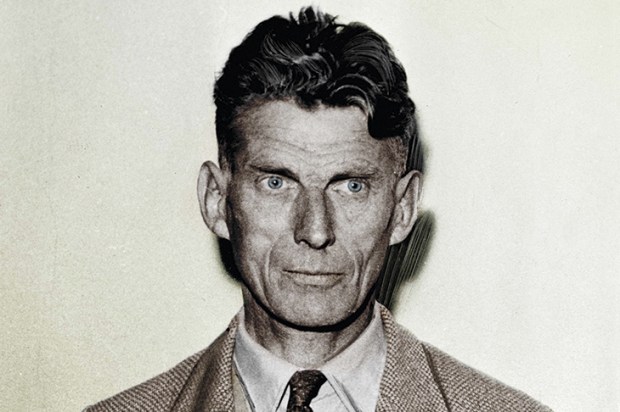
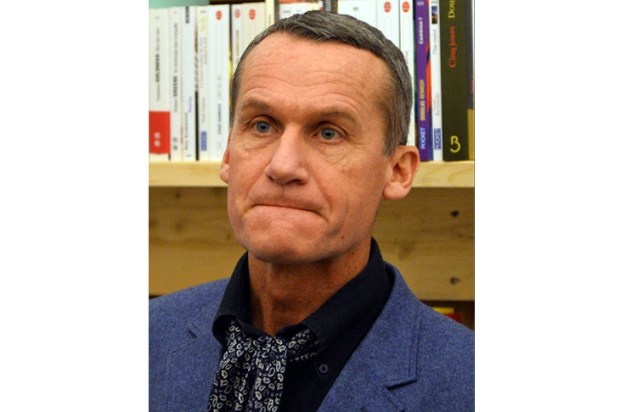

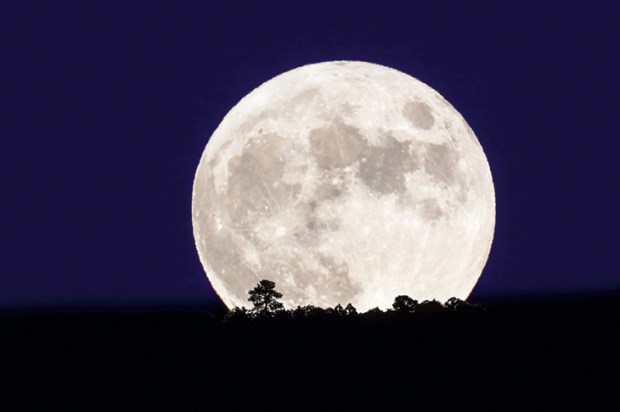
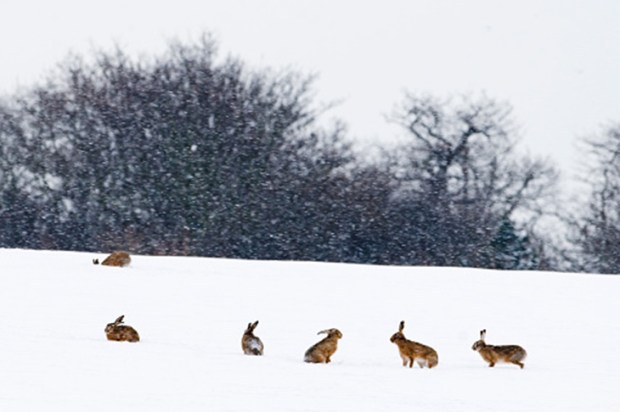
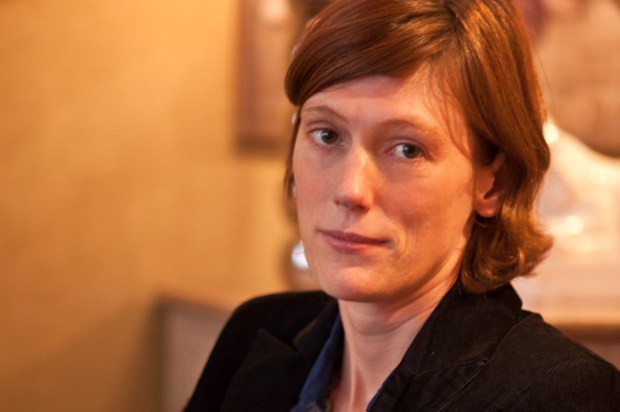






Comments
Don't miss out
Join the conversation with other Spectator Australia readers. Subscribe to leave a comment.
SUBSCRIBEAlready a subscriber? Log in